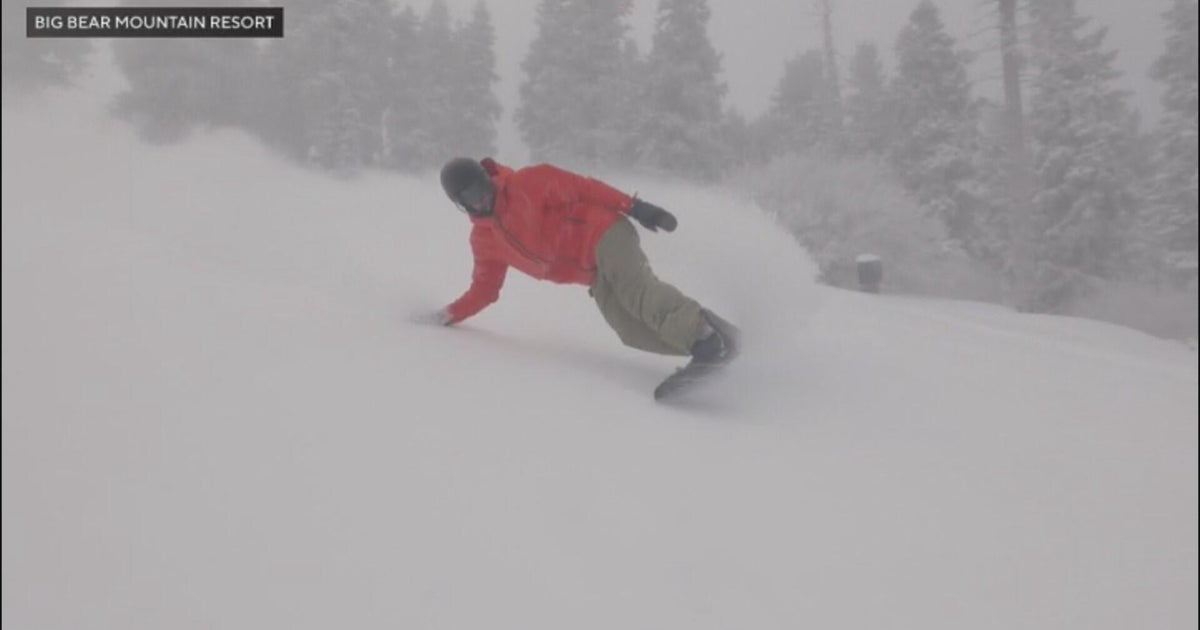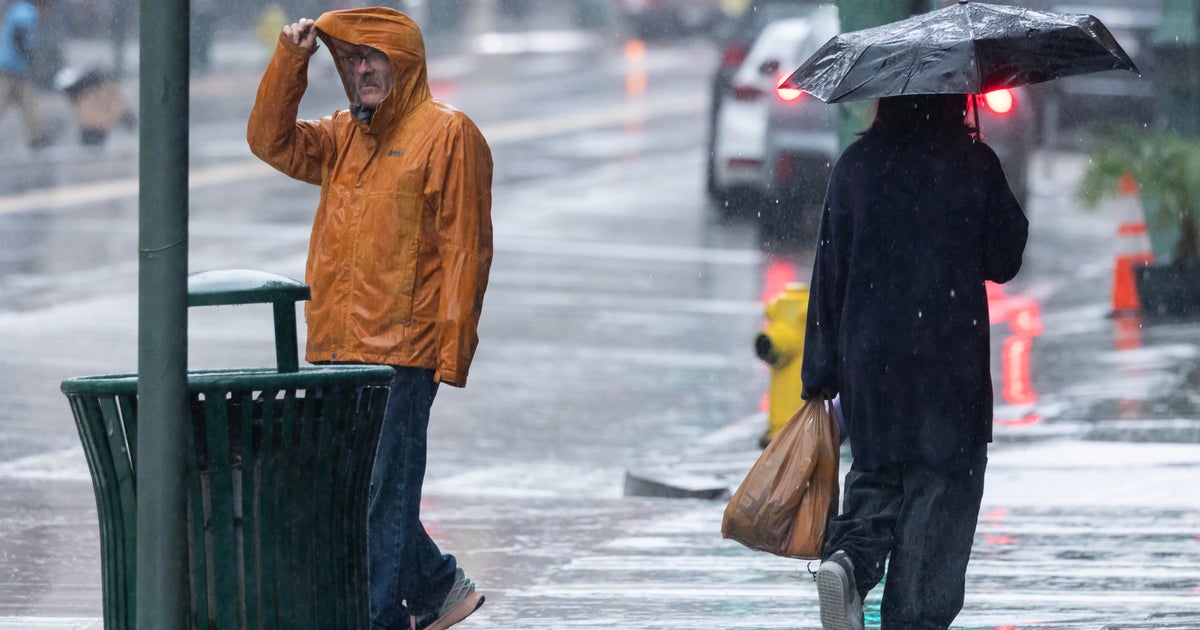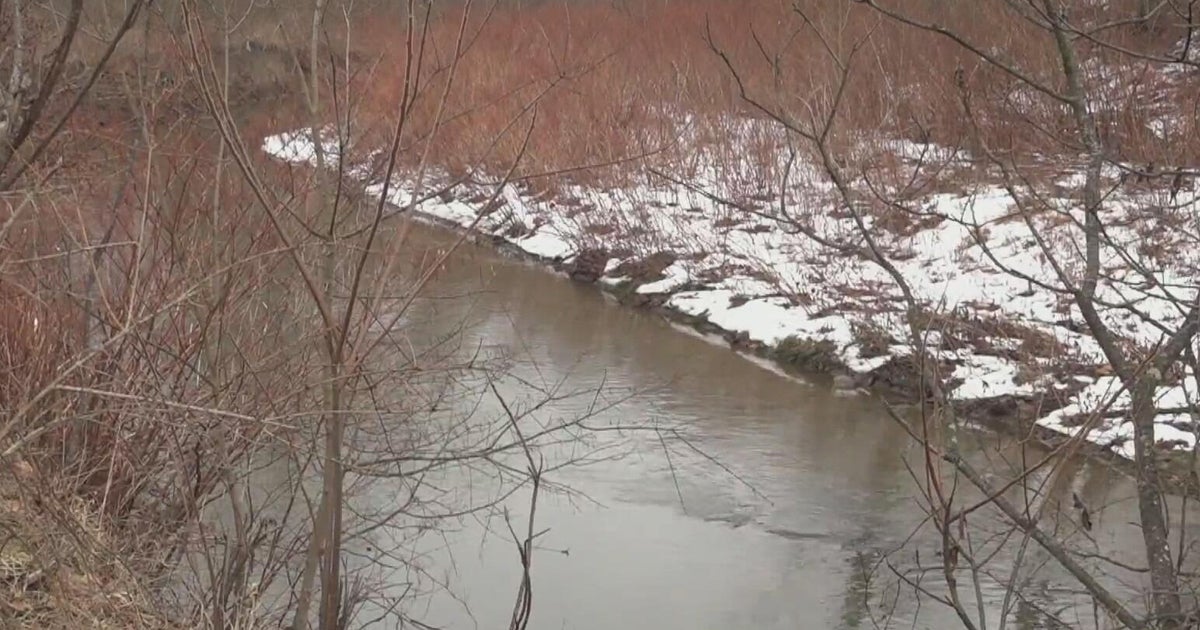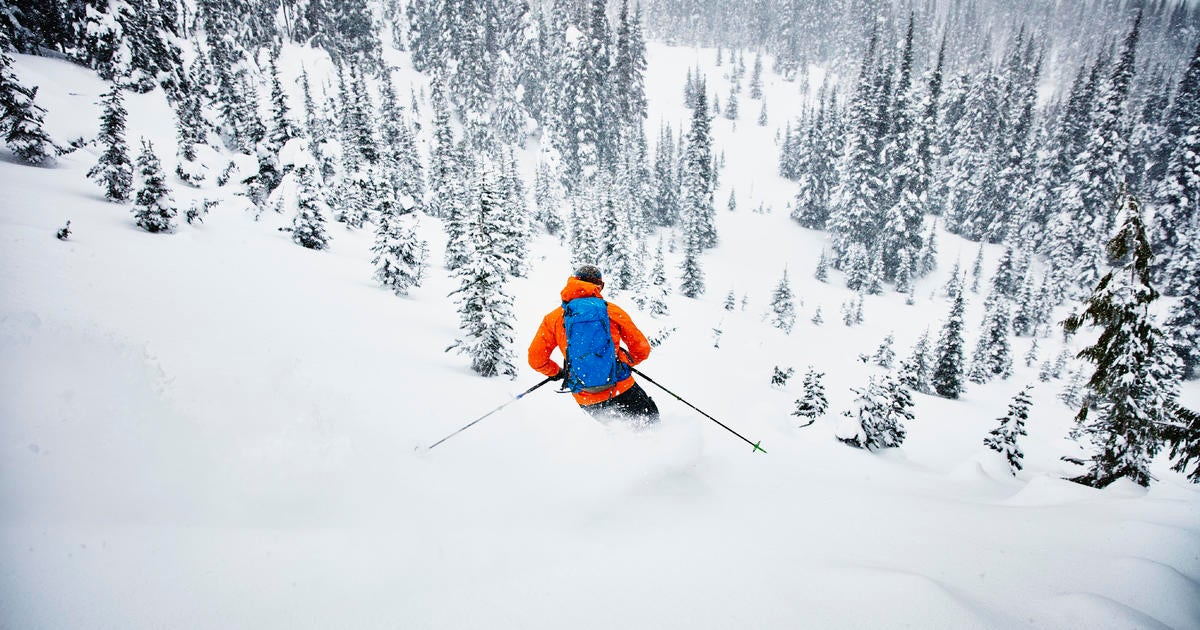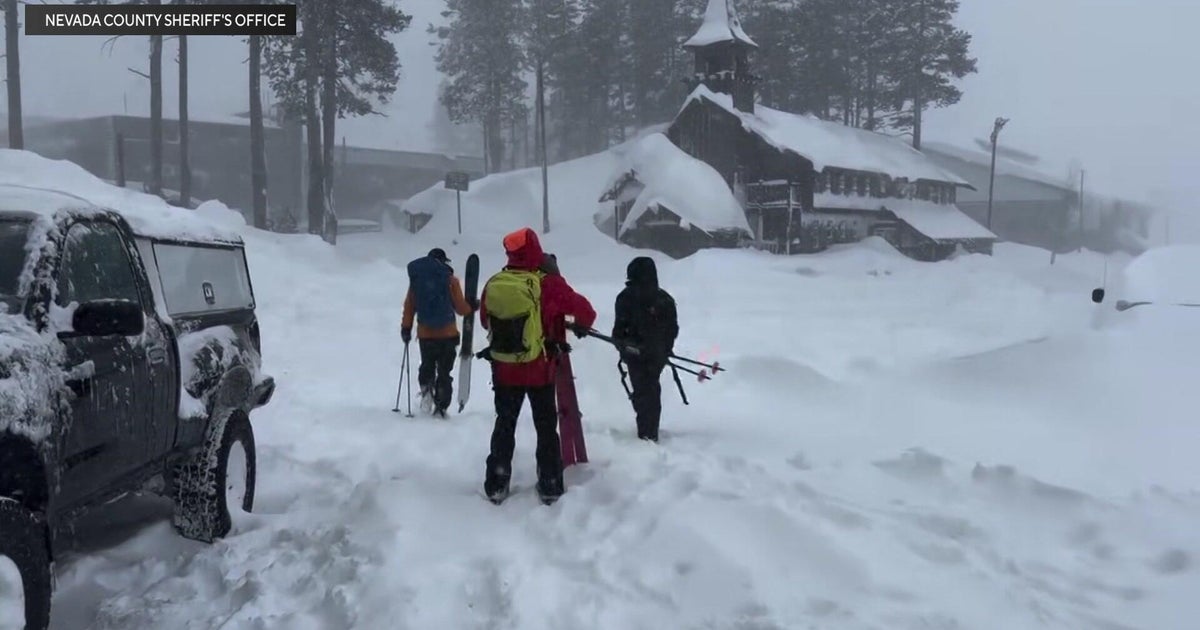Nestlé Faces Backlash Over Collecting Water From Drought-Stricken Southern California
GLENDALE (CBSLA.com) — In the San Bernardino Mountains, an intricate maze of pipes collects and funnels tens of millions of gallons of water each year, which is the original source for Nestle's Arrowhead Water.
Larry Lawrence, who manages the spring for Nestle Waters, said it is a naturally flowing source. They do not pump anything, siphon anything. It just naturally flows.
Spring water collects in a tunnel and moves downhill through a pipeline. At the bottom, tanker trucks load and transport it to a nearby plant, where the water is bottled.
According to the Beverage Marketing Co., the water business is booming, and bottled water sales were up 9 percent over the last year. The trend has sent Nestle looking for new sources to meet customer demand.
Of the company's current 40 water sources around the country, 11 are in California, which is dealing with a long-term drought.
"Every gallon of water that is taken out of the natural system for bottled water is a gallon of water that doesn't flow down a stream; that doesn't support a natural ecosystem," said Peter Gleick, author of "Bottled and Sold."
Nestle, whose headquarters is based in Glendale, has faced protests over its water collection in California because of the drought and the fact that the site is on public land.
While the company takes about 30 million gallons each year, it pays only $524 to the U.S. Forest Service for the permit.
"I think it's fair to say that in this case, our public agencies have dropped the ball," Gleick said.
The Forest Service is now reviewing Nestle's permit for the first time in 30 years. The agency declined a request for an interview.
Nelson Switzer, who is Nestle's Waters' chief sustainability officer, said it is fair for Nestle to make money off of the water.
"From a perception standpoint, I understand why people are asking that question. But water belongs to no one," said Switzer, who emphasized that Nestle takes its responsibility as a water steward very seriously.
"The sustainability of the supply is paramount and that if our activities were to compromise the sustainability of that supply, we would stop operating. I hope people remember that water itself is a renewable business," he explained. "As long as that is managed properly, that system will be renewable forever."

